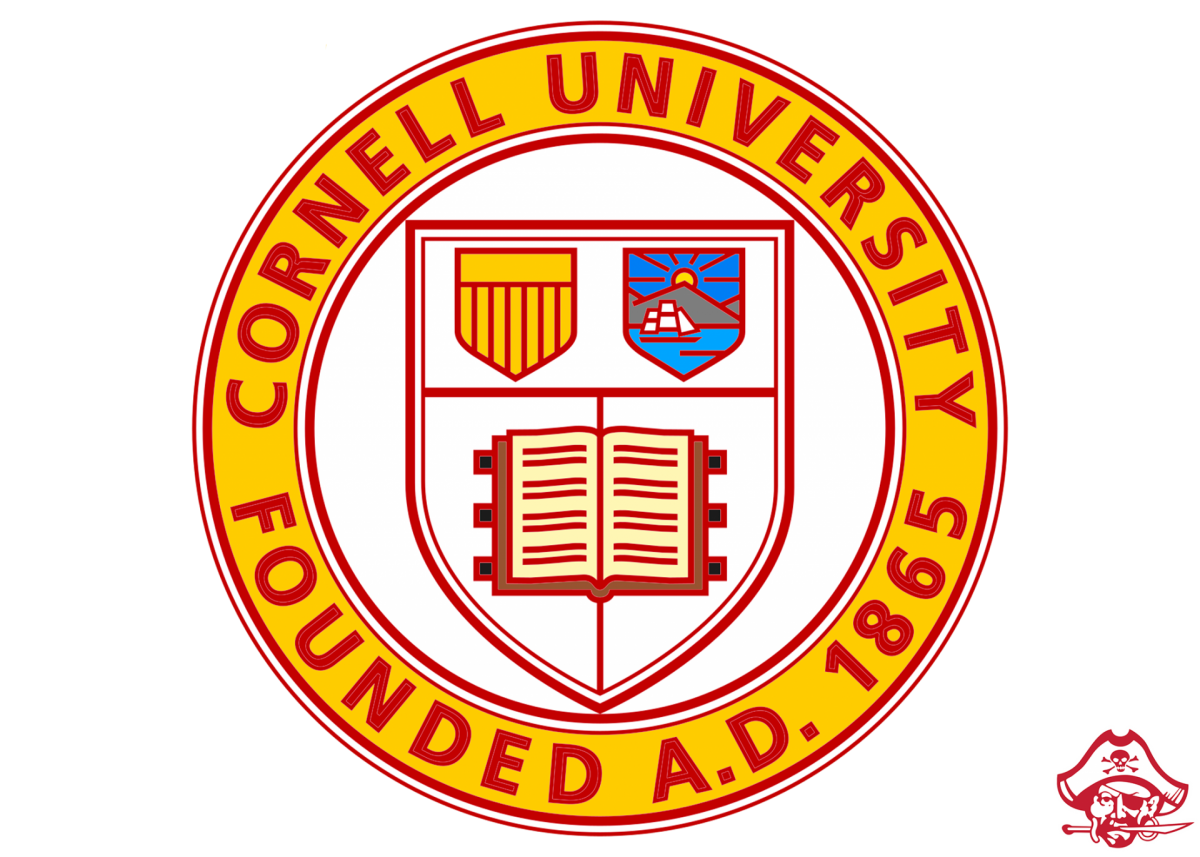Table of Contents
- Cornell Jewish Center Under Guard After Online Threats to Jewish ...
- University education: Cornell University
- Cornell donor demands president step down, citing ‘toxic’ diversity ...
- Opinion: Cornell University, go (other) Big Red! - Jesuit High School
- Research – Center for Regional Economic Advancement at Cornell University
- Cornell Shutters Fraternity Chapter of Psi Upsilon Indefinitely - NBC News
- Apply to Cornell University
- Fengqi You @ Cornell University – You Research Group @ Cornell University
- Cornell University | Cybernews
- Những điều cần biết về ngành Architecture tại đại học Cornell ở Mỹ



Background: Indirect Costs and Research Funding


The Lawsuit: Cornell University v. DOE



Implications for Research Institutions
The lawsuit has significant implications for research institutions across the United States. If the DOE's cuts to indirect costs are allowed to stand, many universities and research institutions may be forced to reduce their research activities, lay off staff, or divert funds from other critical areas. This could have a ripple effect on the entire research ecosystem, impacting not only the institutions themselves but also the students, faculty, and staff who rely on these funds to conduct vital research.
Potential Consequences for the Scientific Community
The outcome of this lawsuit will have far-reaching consequences for the scientific community. If Cornell University is successful in its lawsuit, it could set a precedent for other research institutions to challenge similar cuts to indirect costs. On the other hand, if the DOE's actions are upheld, it could lead to a reduction in research funding across the board, potentially stifling innovation and progress in critical areas such as energy, healthcare, and environmental science. The lawsuit filed by Cornell University against the DOE highlights the critical importance of indirect costs in supporting research activities. As the scientific community waits with bated breath for the outcome of this lawsuit, one thing is clear: the fate of research funding hangs in the balance. Will the courts rule in favor of Cornell University, or will the DOE's cuts to indirect costs be upheld? Only time will tell, but one thing is certain – the outcome will have a profound impact on the future of research in the United States.Keywords: Cornell University, DOE, indirect costs, research funding, lawsuit, scientific community